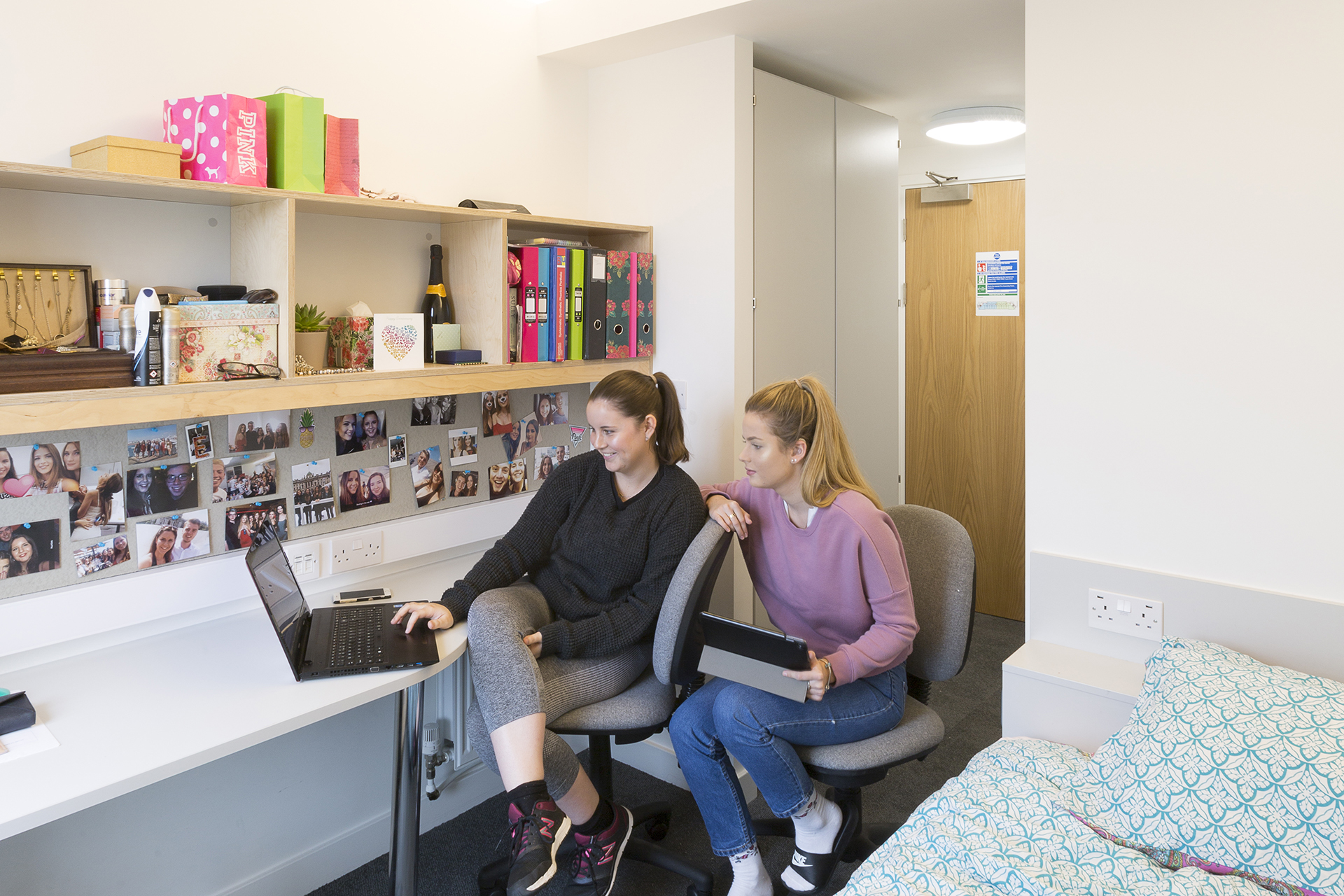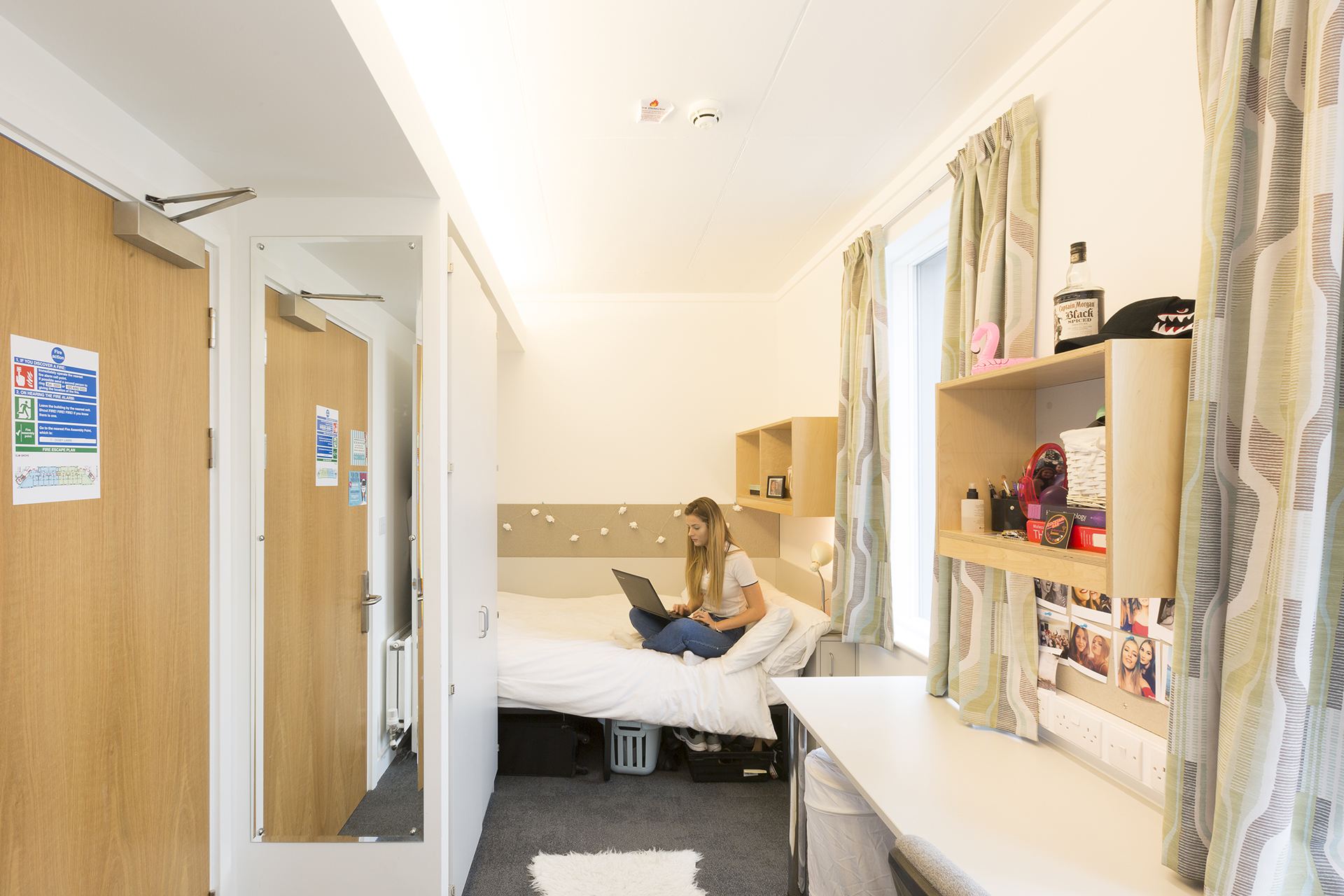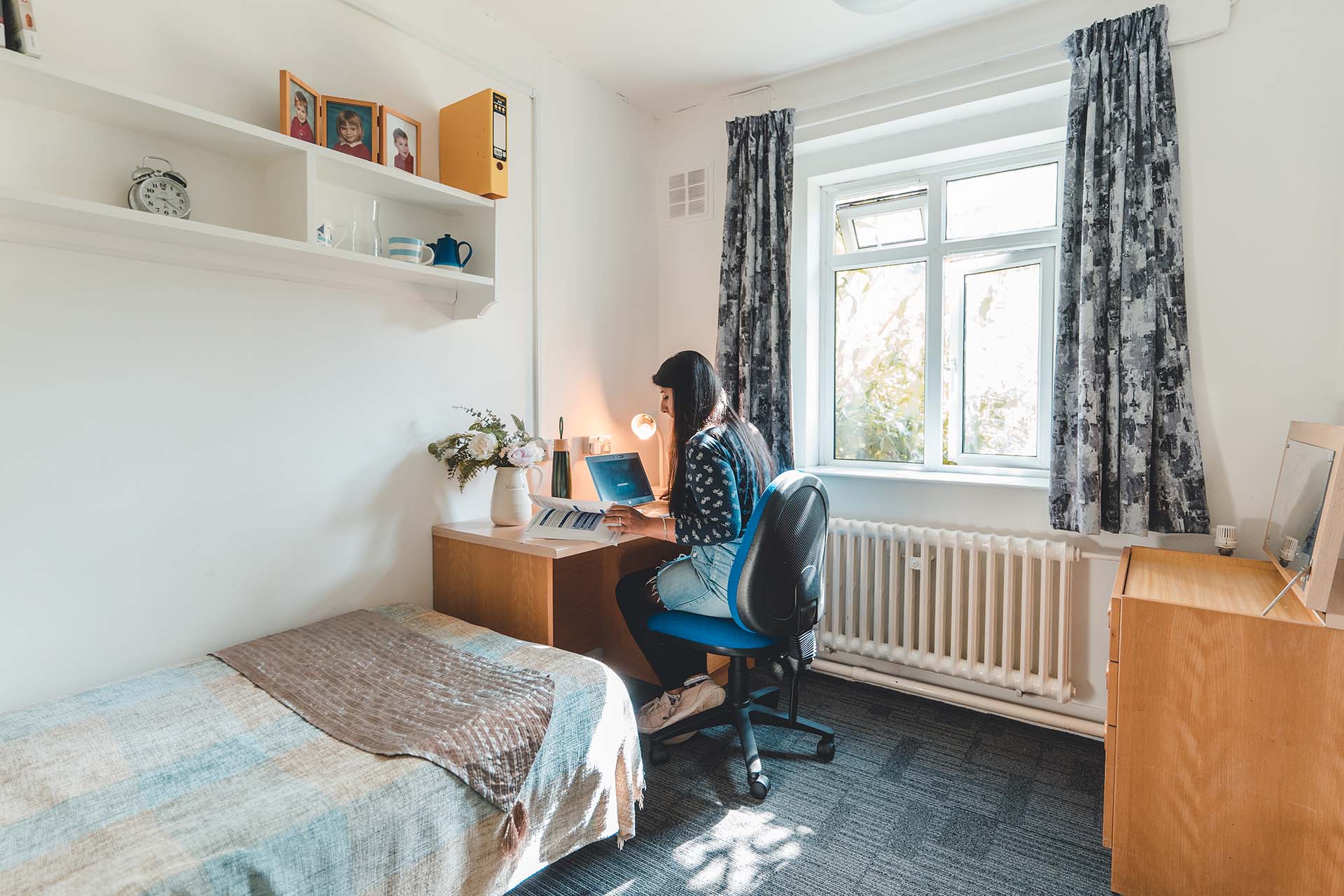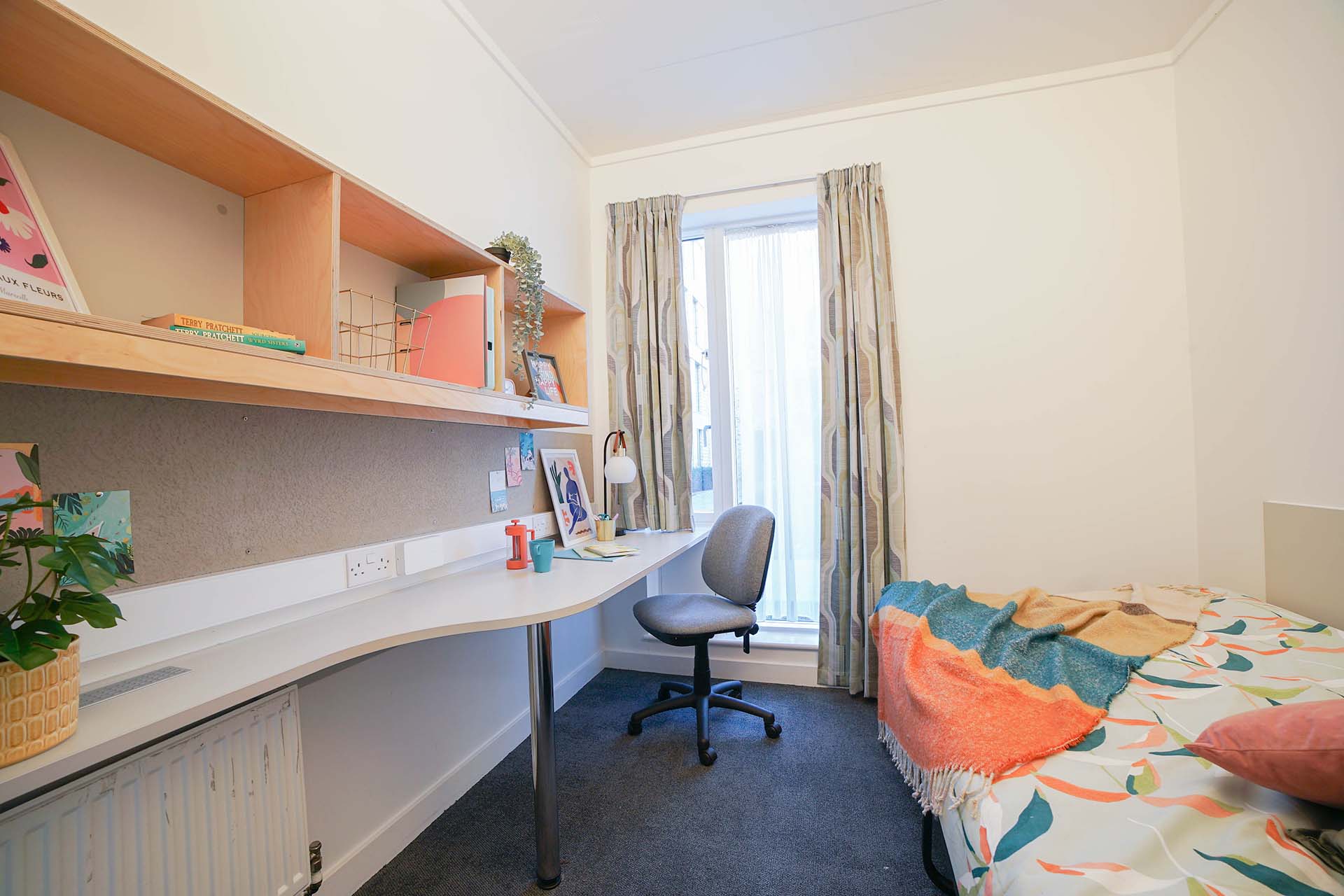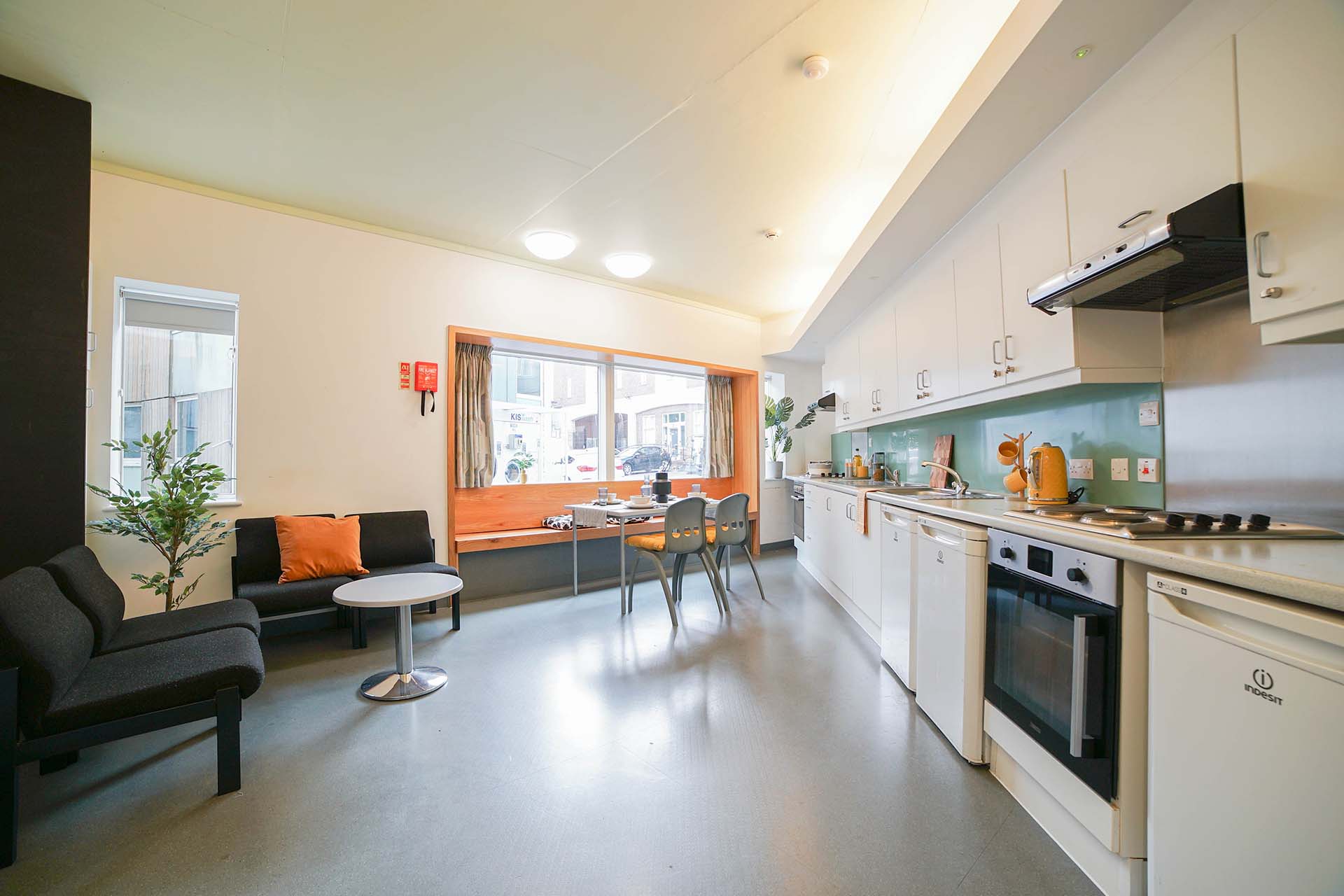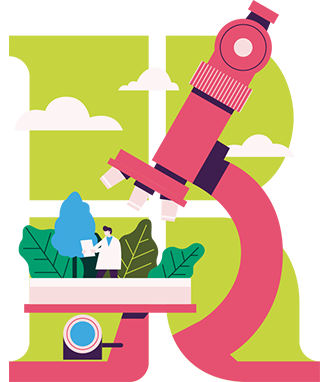
School of Life and Health Sciences
Digital Open Day
Studying Life and Health Sciences
Join the School of Life and Health Sciences alongside a team of world-leading researchers and academics, and become part of a community dedicated to understanding and improving the living world through ground-breaking advances in scientific research.
Our outstanding postgraduate courses will advance your scientific knowledge and give you firsthand experience in our state-of-the-art laboratories and in the field, where you yourself will learn advanced practical techniques and conduct your own research.
Whether you want to improve our health, study disease, conserve animal dignity, gain an insight into humanity, or optimise athletic performance, our courses will allow you to graduate with the skills and experience you need to reach your goals.
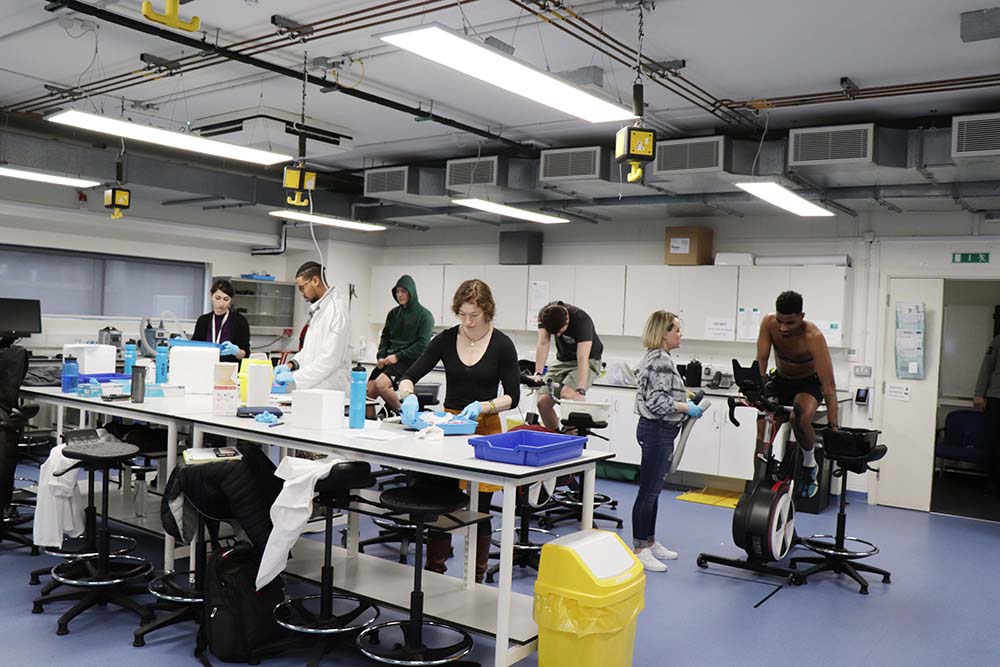
State of the Art Facilities
Our School has world class facilities to help you learn, based at Whitelands College, a beautiful listed building next to Richmond Park.
This includes our Ecology and Zoology labs equipped with DNA sequencing tools, our Sport and Exercise Physiology Laboratory which contains a purpose built climatic-controlled environmental chamber as well as equipment for lactate, metabolic and physiological assessment, our Food Laboratory complete with sensory analysis tasting booths, our Biomechanics Laboratory with advanced optical motion analysis systems and our specialist Biomedical labs.
You can check out some more information on the facilities available to you here:
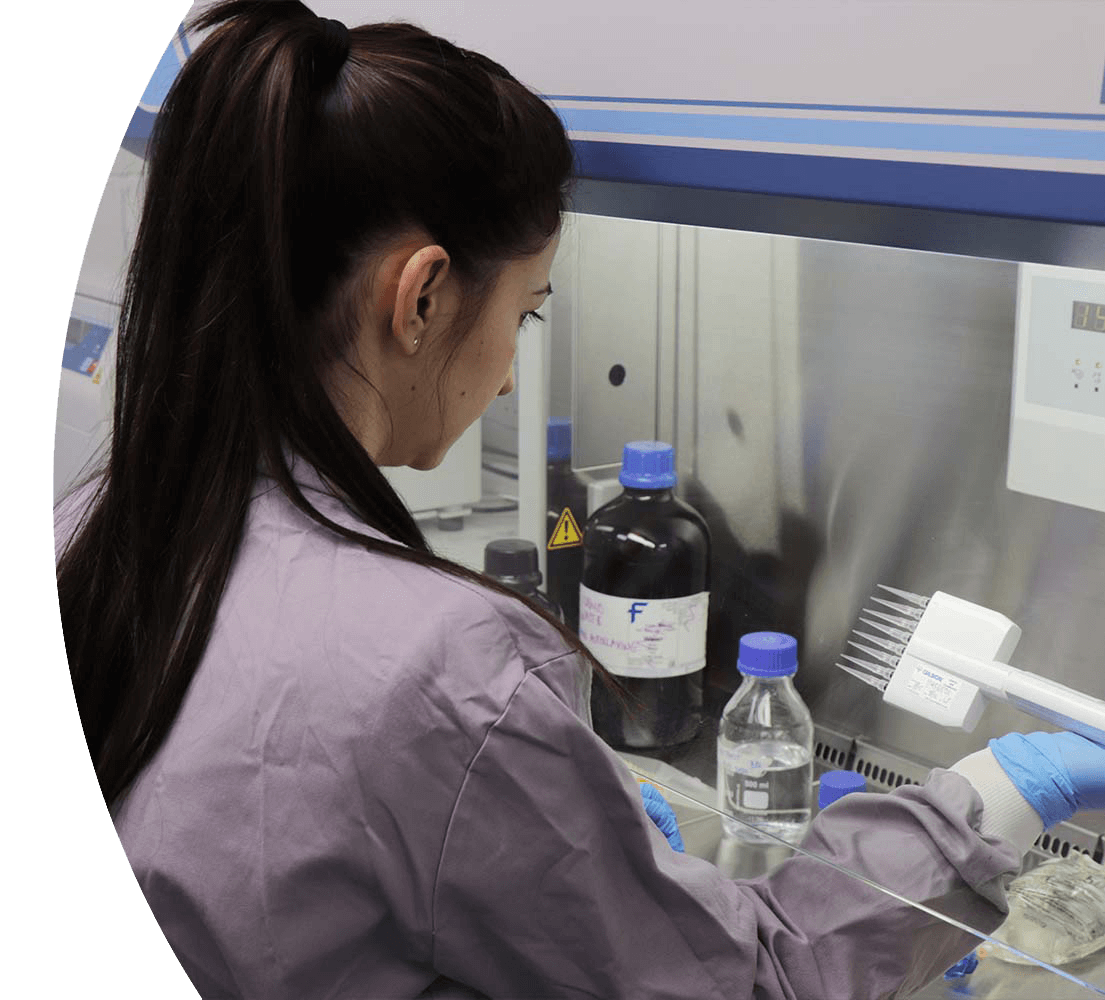
Rich Resources
- World-class library: Our library is stocked with thousands of books, has private bookable study rooms, access to a huge range of online resources, including thousands of e-books, journals and databases and a whole floor dedicated to silent study with breathtaking views of London.
- Research focus: We are the most research-intensive modern university in the UK (Research Excellence Framework 2014). At Roehampton, you’ll have the independence to conduct your own research. Guided by our expert supervisors, you’ll develop your expertise in an area you are passionate about.
- Laboratory experience: Practical work will keep you up to date in with the current advances in your field. You’ll collaborate with our academic staff, giving you a unique insight into how intensive research guides professional practice.
- Accredited programmes: Many of our programmes are accredited by the leading bodies in the UK. This ensures you’ll gain practical experience and learn the clinical applications needed to help you develop your career. For example, our Clinical Nutrition MSc is accredited with the Association for Nutrition, and enables graduates to become registered nutritionists after working for two years in nutrition, and our Psychology of Sport and Exercise is accredited by the British Psychology Society.
- Experienced lecturers: You’ll be taught by, and receive one-to-one support from world-leading, research-active academics.
- Research collaborations: We partner with many of London’s hospitals and medical schools and leading sports organisations. Our staff are part of a vibrant and dynamic research community, with links to projects and institutions across the world.
- Placement opportunities: We have an extensive network of placement opportunities for many of our postgraduate programmes. Recent placements have included posts at Crystal Palace Football Club, Guy’s and St Thomas’s Hospital and the Diabetes Prevention Programme (NHS England).
- Beautiful campus: Our stunning parkland campus offers plenty of spots to study and learn outside, whilst London’s museums are just half an hour away.
- Commuting students: You’ll be part of an inclusive and welcoming community, whether you live on or off-campus. We’ve a dedicated bus service and College Kitchens with lockers, fridges, microwaves and powerpoints for you to eat, socialise and catch up on some work if you don’t live on campus.
Hear from our academics
Luke Felton, Psychology of Sport and Exercise Programme Convener
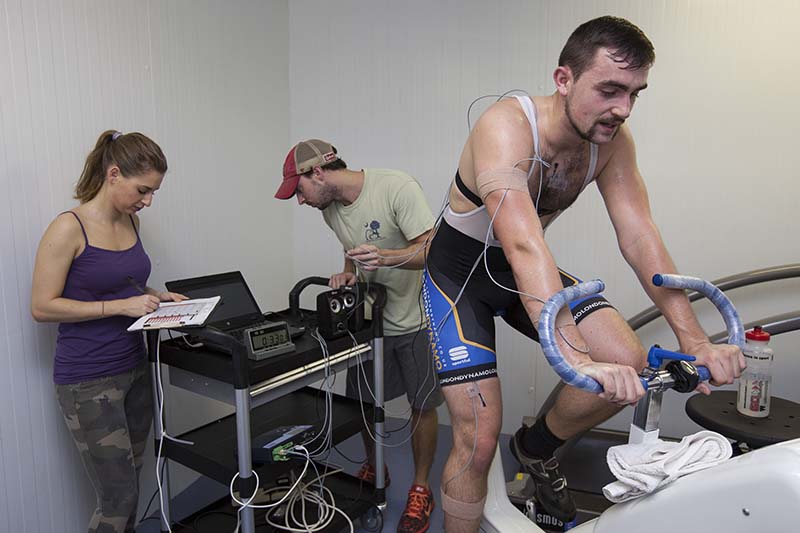
Professional development and employability are at the core of the programme. You’ll develop the academic knowledge as well as the professional and transferrable skills, such as counselling skills and communication, needed for a career in sport and exercise psychology. You’ll also gain an insight into working the field that you’re not able to read about in textbooks. For example, we have a number of sessions on setting yourself up as a freelance sport and exercise psychologist and how to market yourself. These features are not traditionally covered in MScs, and often graduates have to navigate this themselves. Our students are very motivated. Most progress into careers in sport and exercise psychology. Many continue to complete the BPS Stage 2: Qualification in Sport and Exercise Psychology, BASES Sport and Exercise Psychology Accreditation Route, or complete PhDs and Professional Doctorates.
Simon Dyall, Clinical Neuroscience Programme Convener

My research is in the role of bioactive lipids in brain protection and repair, especially in development. What’s most unique about the Clinical Neuroscience MSc is that it’s one of the longest running programmes in the UK, and recognised by the Federation of Neuroscience Societies (FENS) and included in the Network of European Neuroscience Schools (NENS), which is the highest accolade in European neuroscience teaching. Due to the diversity of researchers at Roehampton, both within the Department of Life Sciences and also the Department of Psychology, we are able to offer students a wide range of potential topics for their dissertations. Students are also part of the Health Sciences Research Centre and have the opportunity to attend the weekly seminar series, provided by a wide variety of renowned guest speakers. Our students range from those coming straight from undergraduate degrees in topics such as biomedical sciences, neuroscience and psychology, to experienced clinicians and those working within the NHS. Some have gone on to further study at PhD level in prestigious labs, or working in the pharmaceutical industry, or science writing, or to continue their career progression within the NHS.
Richard Mackenzie, Sports and Exercise Nutrition Programme Convener
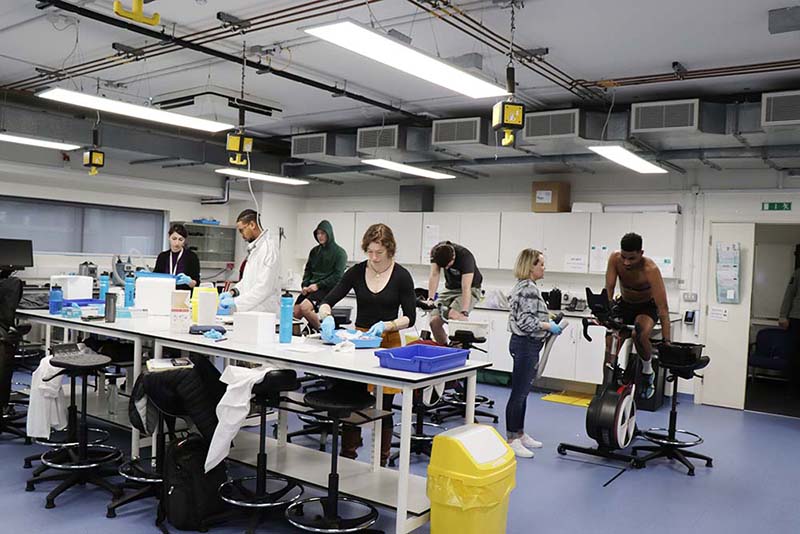
We work in the area of general nutrition and how it interacts with Exercise Physiology and Metabolism. We have a specific interest in how protein, carbohydrates and fats / ketones influence muscle and exercise performance. What’s most unique about this programme is that it’s an applied degree, meaning we spend a considerable amount of time working in the laboratory, ensuring our students gain real-life hands on experience. As we’re the university deemed by REF as the most Research Intensive Modern University, you’ll have the chance to work in a research team carrying out work of a publishable standard.
Chris Tyler, Sports and Exercise Science Programme Convener
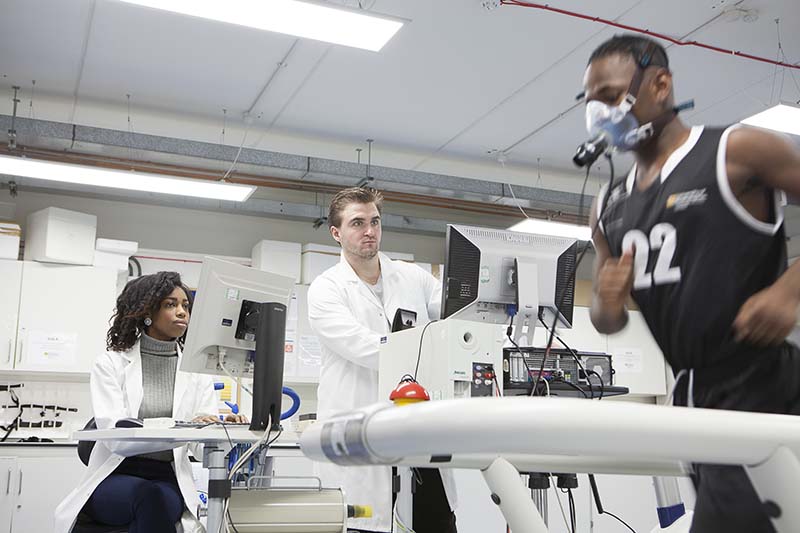
The programme is delivered by experts in a range of fields, and covers topics such as exercise and dietary interventions for the control of diabetes, environmental extremes, amputees, athletic injuries, eating disorders, athlete-parent relationships, and visual processing. Students are actively encouraged to select topics aligned with their passions and interests. The programme is research-intensive with opportunities for active, problem-based learning embedded in every module. With small class sizes and a wide range of laboratories and equipment, students are able to develop advanced hands-on skills alongside their theoretical knowledge. The laboratories at the University of Roehampton are extremely well-equipped and as a student, you are encouraged to access them outside of scheduled hours to further refine your skills and expertise. Our students are diverse in their backgrounds - some come directly from an undergraduate degree and some join us after a period away from study. Our graduates have gone to a range of professions, including working in elite and sub-elite sport, undertaking PhD programmes and establishing their own consultancy companies.
Yolanda Calle-Patino, MRes Cell Biomedicine Programme Convener
My expertise is in cell signaling in inflammation and cancer. All the academics involved in this programme, including myself, are international experts in the various aspects of Cell and Molecular Medicine: Microbiology and infection, Microbiome, Neuroscience, Immunology, Cancer biology, Nutrition. From the start, in addition to attending theory classes, you will be working closely with your chosen academic on your lab-based research project. This direct supervision in the lab will allow you to acquire practical and analytical skills that will be extremely useful for your future career. Some of our graduates have followed a professional career joining laboratories in biotech companies or academic labs. Other graduates have joined PhD programmes. It is a pleasure to offer such tailored support to our students. It’s great to see them deliver high quality lab-based work that can be included in international conferences, as well as international high impact peer review journals. If you have any queries, please, do not hesitate to contact me at yolanda.calle-patino@roehampton.ac.uk.
Our Research

Research around the over-prescription of antidepressants and their withdrawal effects
Dr James Davies of the University of Roehampton has worked alongside a number of academics to share research into the over-prescription of SSRIs and their withdrawal effects.
Research, conducted with Dr Mark Horowitz of UCL, has shown that since 2004, the average duration of time a person spends on antidepressant drugs has more than doubled. An issue they say is caused when people try to stop using SSRIs and experience withdrawal effects.
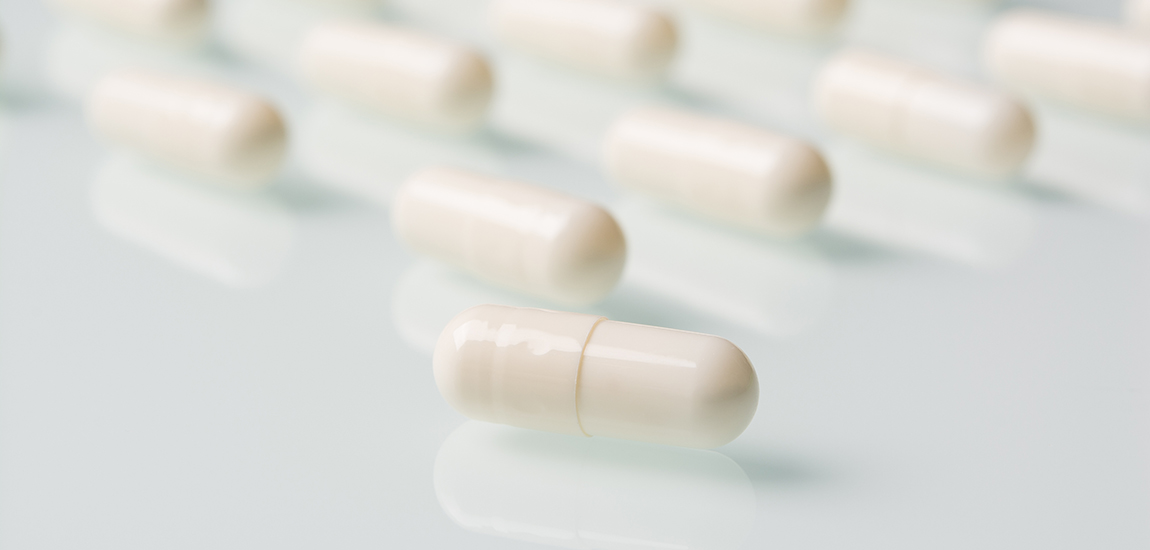
Probiotic study shows statistically significant reductions in 'bad' cholesterol
In a double-blind placebo-controlled human study, Participants with high levels of cholesterol were recruited and monitored, and asked to continue with their normal diets whilst taking the probiotic Lactobacillus plantarum (LPLDL) daily.
Dr Adele Costabile, Reader in the School of Life and Health Sciences, was the lead researcher on the study that has proven LPLDL to reduce key cardiovascular risk biomarkers including total cholesterol, LDL cholesterol, non-HDL cholesterol and apoB.
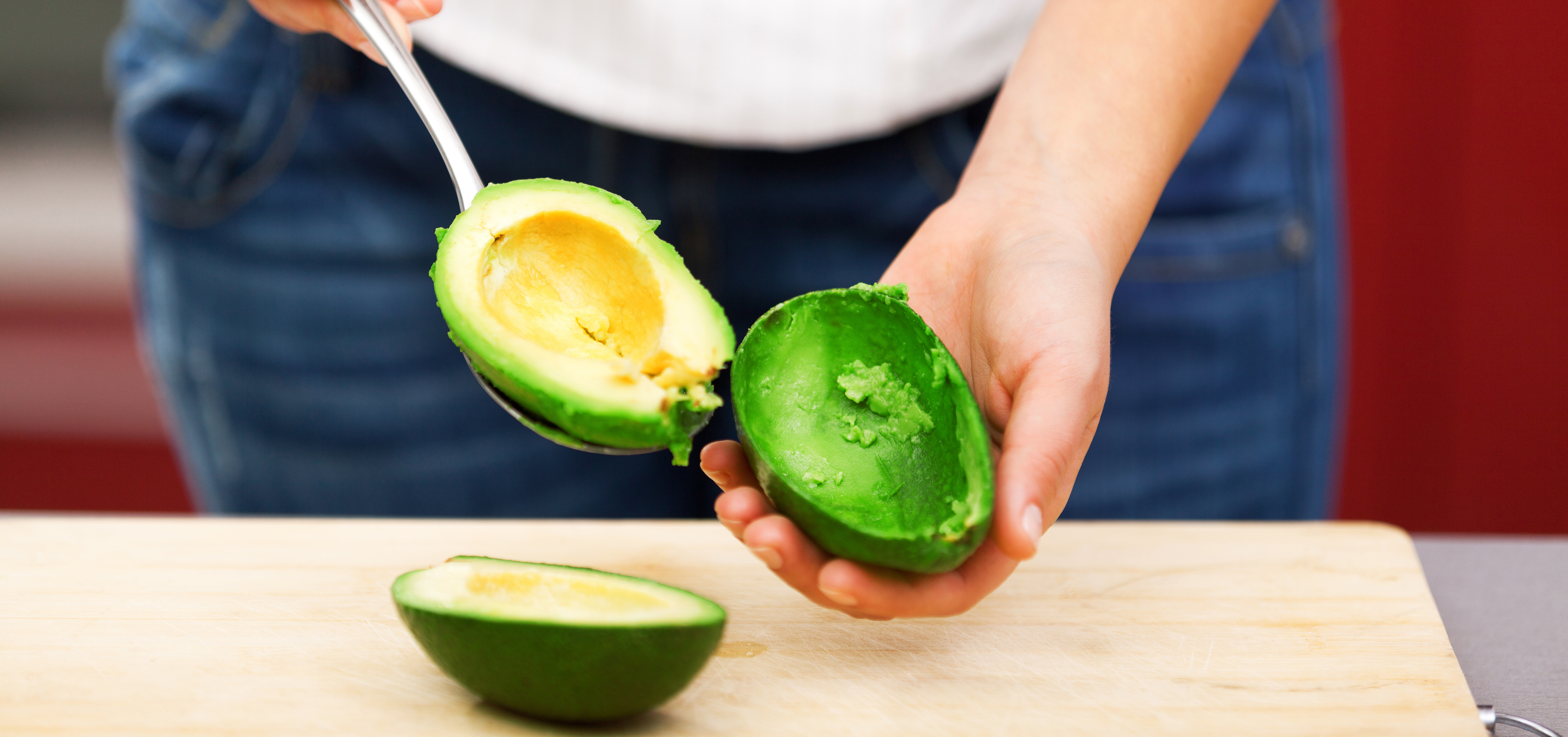
Avocados change belly fat distribution in women, controlled study finds
New research has found that an avocado a day could help redistribute belly fat in women toward a healthier profile.
One hundred and five adults participated in a randomized controlled trial that provided one meal a day for 12 weeks. Women who consumed avocado as part of their daily meal had a reduction in deeper visceral abdominal fat.
The study from University of Illinois Urbana-Champaign was co-authored by Dr Richard Mackenzie, Reader in Human Metabolism at the University of Roehampton.
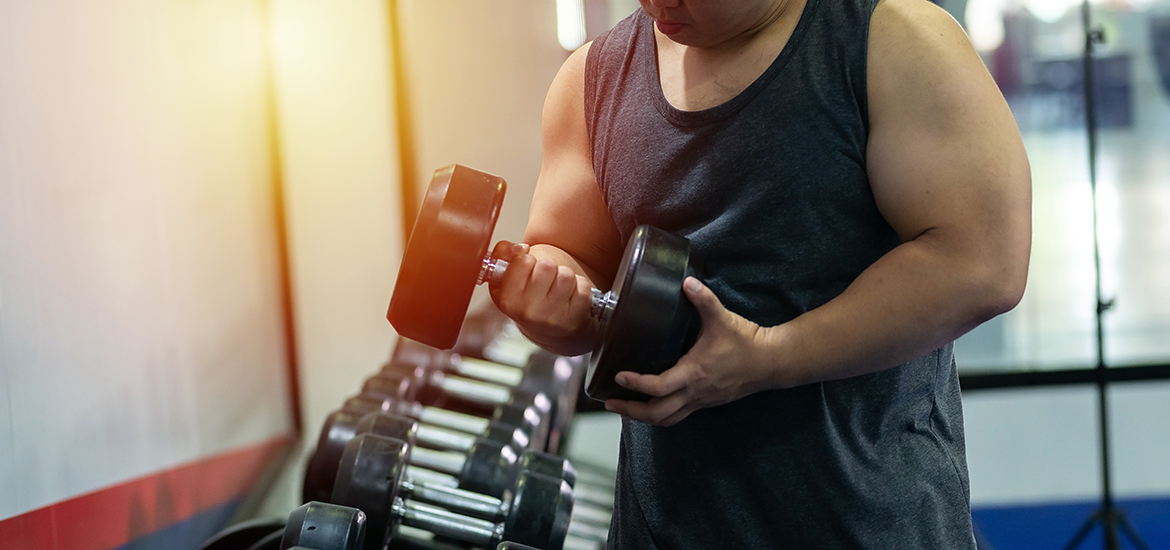
Increasing long-term exercise reduces the amount of calories we burn
People who take part in regular exercise burn less calories on body maintenance than people who don’t do any strenuous activity, dramatically reducing the calorie burning gains of exercise.
Led by Professor Lewis Halsey at The University of Roehampton and Dr Vincent Careau of the University of Ottawa (Canada), new research found that the calories the body burns to keep ticking over, for example when sleeping, decreases by 28% during periods when daily exercise levels are consistently high.
This means the more we exercise over the long-term, the less calories our bodies burn for the most rudimentary activities, therefore reducing the overall calories we burn per day.
Alumni

Carolyn Thomson
MRes Primate Biology, Behaviour and Conservation
“I chose to study at Roehampton because I had already experienced two taught degrees and wanted the additional challenge of having a more research focus. There’s a great mix of skills, lectures and independent study. My peers and I still use all these skills today in our current research and jobs. I still see some of my supervisors. They still support my research efforts. It is great to meet up as friends, as well as colleagues, after all these years. I don't think many universities can boast that type of rapport with their alumnae.”
Courses
Roehampton has an impressive range of programmes, where you’ll develop advanced academic understanding and practical experience to allow you to excel in your chosen career path. Find out more about your chosen programme below.
Cell Biomedicine (MRes) Clinical Neuroscience Clinical Nutrition Ecology, Evolution and Behaviour Nutrition and Metabolic Disorders (MRes) Physiotherapy (Pre-Registration)
Student Life
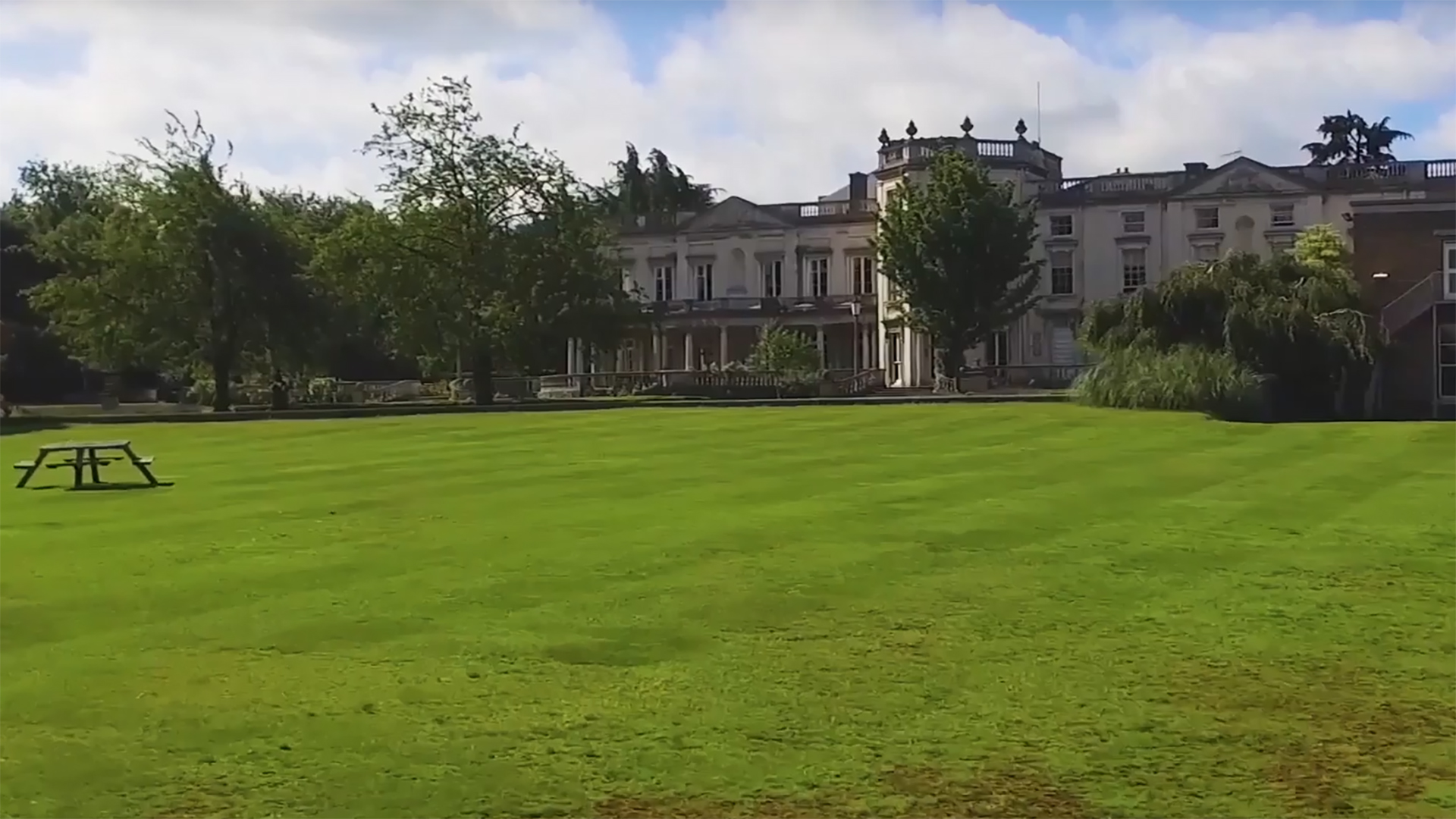
Why Roehampton?
Being a student at a campus university in London gives you the best of both worlds. We are lucky enough to have a 54-acre parkland campus to call home, and are only 30 minutes from central London.
We offer plenty of opportunities for you to get involved through playing sport, music, volunteering, or joining one of over 50 student societies. We also have catering outlets, across campus, and each College has social spaces where you can meet up with your friends and relax.
Our campus is close to Putney, Hammersmith and Wimbledon, which each have wide a range of shops, cafes, bars and restaurants. With central London so close, you can easily access the wealth of culture, entertainment and dining options the capital has to offer.
Accommodation
Support services
At Roehampton we are focused on ensuring you succeed, and have a wide range of support services to help you at every step of your journey.
Wellbeing – our team are able to provide personal wellbeing support, professional counselling and mental health support. Each college has a Student Wellbeing Officer and a College Warden, the latter is available after hours for all on campus students.
Medical – we have an on-site NHS medical centre which provides doctor and nurse-led services.
Disability and dyslexia – we encourage students to let us know about specific needs so we can work with you to tailor our support.
Financial – we have a wide range of scholarships, and a student hardship fund for those students in financial difficulty.
Chaplaincy – our diverse community is reflected in our multi-faith chaplaincy and we have a number of spaces for worship.
Study support – all students have an Academic Guidance Tutor, as well as access to library support and online study resources.


